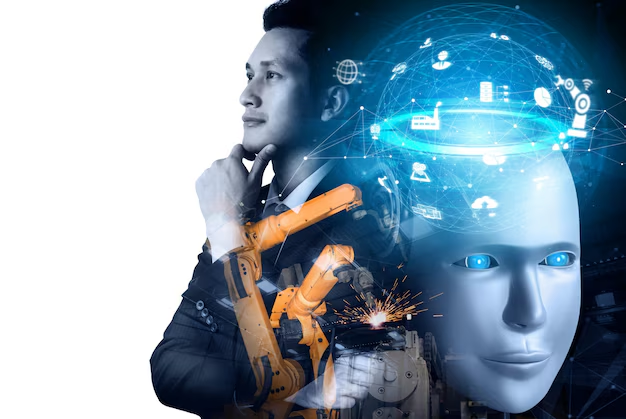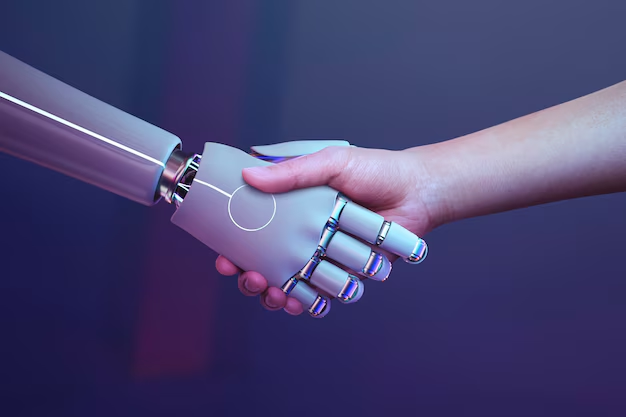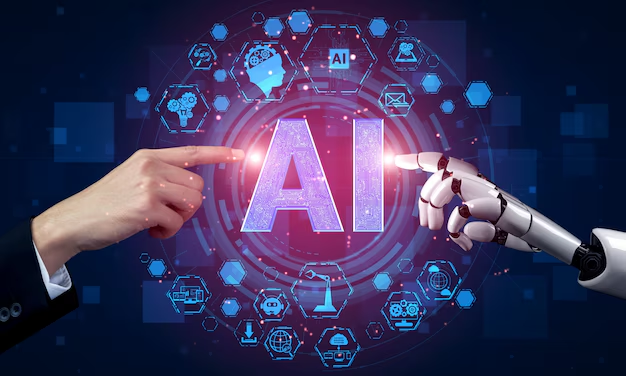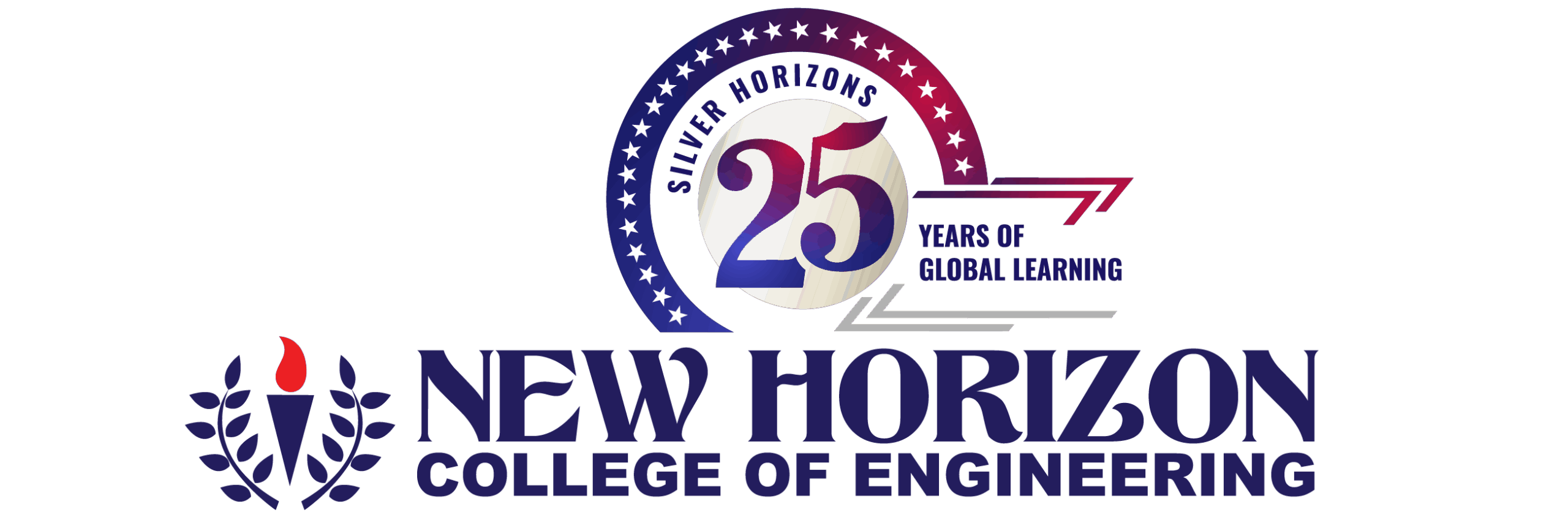- Horizonite
What's the Difference Between Data Science and Artificial Intelligence?
Two groundbreaking advancements that have revolutionized the technology sector and propelled it to greater heights are data science and artificial intelligence. These fields have transformed how data is utilized, enabling businesses to leverage information effectively and optimize various processes. While they may seem similar, there are key differences between them. Pursuing the best engineering program in these domains equips students with the expertise to navigate these evolving technologies and build innovative solutions for real-world challenges.
This blog revolves around the meaning, similarities and differences between artificial intelligence and data science.

What is Data Science?
Data science uses tools, algorithms, and methods to analyse and interpret data. It is an umbrella field that combines the principles of machine learning, statistical tools, and data mining techniques.
This approach is beneficial in assessing huge amounts of data and understanding the patterns and trends within the dataset. Working on the raw data, data science gives insights that help in decision-making and innovation.
Data Science Applications
The application of data science is widespread across various industries like healthcare, education, marketing, finance, economy, and diagnostics. Enrolling in a data science course equips students with the skills to analyze complex data, extract valuable insights, and drive decision-making across these sectors. For instance:
- Data science is used to make accurate weather forecasting.
- In e-commerce, data science is used to understand consumer behavior and market trends.
- The marketing sector makes use of data science to design targeted advertisements.
- Data science is used in the healthcare sector to provide personalized treatment to patients.
- Data science has several applications in the field of economics, like analyzing risk, predicting growth, forming investment plans and many more.
- Data science is used in the manufacturing sector for quality control, maintaining records, innovation, cost cutting, and so on.

What is Artificial Intelligence?
Artificial intelligence creates machines that imitate human behavior and intelligence. They are trained to think and act like humans. These machines are instructed in such a manner that they can easily perform daily tasks, learn and solve problems, and make decisions.
AI uses machine learning, robotics, and natural language processing technologies to help machines analyze data, identify patterns, and replicate human intelligence. With its ability to enhance efficiency and productivity across various sectors, AI has become a game-changer in industries like healthcare, finance, and automation. Enrolling in AI courses can provide students with the necessary skills to develop intelligent systems and stay ahead in this rapidly evolving field.
Also you might want to know about What is Computer Science Engineering?
Artificial Intelligence Applications
Artificial intelligence has become prominent in every domain. Because of its easy accessibility, its applications are exhaustive, namely:
- AI chatbots are used by companies like Zomato, Amazon, Myntra, etc., to resolve consumer queries.
- AI can go through the data swiftly and can detect frauds and provide strategies to improve trade in the finance sector.
- AI records and analyses the customer preferences, previous buys and recommends the products accordingly.
- In the healthcare sector, AI is used to recognise early symptoms and predict the disease.
- AI is used in the manufacturing segment to design technologies that reduce the time and cost of production, improve the quality of products, inspect the defects and correct them.

Data Science vs Artificial Intelligence: Key Differences
Aspect | Data Science | Artificial Intelligence |
Meaning | Data science majorly examines and understands the meaning of data. | AI teaches machines to behave in the manner of humans. |
Scope | Its main focus is to analyse data and derive the information that helps in decision-making and innovation. | It emphasizes more on creating systems that can learn, think and take autonomous decisions. |
Tools used | Data science uses statistical tools, Python, machine learning, and data mining. | AI uses natural language processing, robotics, and machine learning. |
Objective | The primary objective is to read the raw data and derive the patterns, trends and meaning to take informed decisions. | Its objective is to develop systems that can solve problems, apply human intelligence, and analyze large databases. |
Similarities between Data Science and Artificial Intelligence
Data science and artificial intelligence overlap in many areas, like:
- Predictive Applications: Both fields analyse vast data and provide predictions. For example, based on the demand of a particular product in the previous months, it can predict future demands, which helps in improving the supply.
- Data Quality Requirements: Both disciplines require good data quality since analysis and predictions are made based on this raw data. Data quality is necessary to provide accurate results.
- Techniques: Both data science and artificial intelligence use a few common techniques, like machine learning and data mining.
- Applications: Data science and artificial intelligence are collectively used in healthcare, manufacturing, finance, cybersecurity, marketing, etc.
- Goal: Both share a common goal of making informed decisions, improving efficiency and productivity, and innovation.
Data Science vs Artificial Intelligence Careers
A career in data science is lucrative and most sought after lately. The job prospects include:
- Data Scientist
- Data Analyst
- Machine Learning Engineer
- Big Data Engineer
- Business Intelligence Analyst
- Data Journalist
- Statistical Analyst
- Database Administrator
Students interested in AI can pursue careers as:
- AI Engineer
- Deep Learning Engineer
- Robotics Engineer
- AI Research Scientist
- Machine Learning Engineer
- Data Engineer
Conclusion
The scope and objectives of data science and artificial intelligence reveal the importance of data and how it can be used in driving innovation, enhancing performance, and understanding trends. Students aspiring to pursue careers in data science or artificial intelligence have to learn the requisite skills or join courses to acquire mastery over techniques.
To know more about Engineering Courses check Best Engineering College in Bangalore

Frequently Asked Questions (FAQs)
A data scientist collects, examines, and processes large amounts of data to derive insightful conclusions. This analysis helps in decision-making and predicts future trends.
Data science deals with the study of raw data and understanding its meaning. It uses statistical tools, machine learning and other programming techniques to interpret vast data.
AI is unlikely to replace data scientists because AI lacks innovative and critical thinking skills. But there is a potential threat of reduced demand for data scientists.





